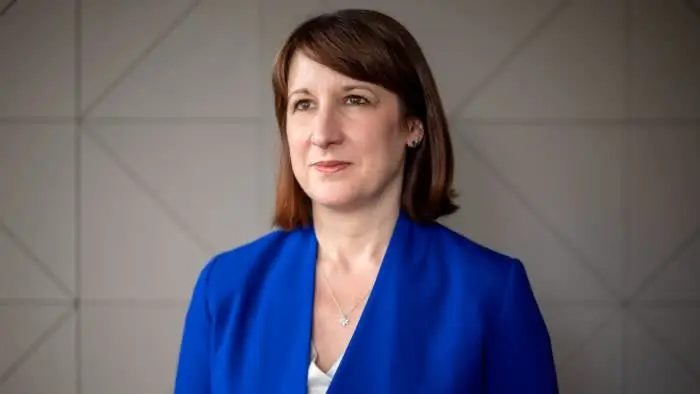Rachel Reeves: My fiscal rules will provide the stability on which growth depends

Access the Editor's Digest at no cost.
In this weekly newsletter, Roula Khalaf, the editor of the Financial Times, shares her top story picks.
The author serves as the head of the treasury.
Next week's Budget is set to fulfill the commitment to bring about change. This change will be fueled by the government's primary goal: to achieve sustainable growth following a long period of economic stagnation lasting over fifteen years.
However, growth can only thrive on a solid base. Therefore, my top priority at the dispatch box next week is to move forward from years of instability and uncertainty that have, for far too long, scared off investments and weakened business confidence.
This is why my financial guidelines are crucial: they will serve as the foundation of stability at the heart of my Budget. They will establish the framework for consistent financial policy, careful oversight of daily expenditures, and wise investments designed to promote growth.
Sustainable growth isn’t achieved through a focus on quick gains. Instead, it arises from a thoughtful and long-term strategy aimed at investing in the future and enhancing quality of life.
This includes tackling three key issues.
When we took office, we uncovered a £22 billion deficit in public finances, most of which will carry on into the coming years. Additionally, there's the issue of compensating individuals who have endured significant hardships due to the infected blood and Horizon scandals; although this compensation was promised by the previous government, it wasn't accounted for in the budget. Lastly, we face the challenge of the UK's public services, which cannot endure a return to the austerity measures that have caused so much harm over the last 14 years, including stifling growth.
To tackle this issue, my financial guidelines will focus on two key actions. First and foremost, my stability guideline will ensure that everyday expenditures are covered by income.
Considering the current condition of public finances and the necessity to invest in our public services, this regulation will have the most significant impact. In addition to making difficult choices regarding spending and welfare, it will require tax increases to adhere to this rule. I will always prioritize the well-being of working individuals in my decision-making, while striving for a balanced approach.
Importantly, my stability policy will include managing the interest on our national debt. Unlike the last administration, I will not reduce capital budgets to address any gaps in the everyday operational expenses of government departments.
My second financial principle, the investment guideline, aims to reduce debt relative to our economy. This approach will create opportunities for greater investment in essential areas, preventing the decline in public sector investment that was anticipated under the previous administration.
We will collaborate with businesses and partner with organizations like the National Wealth Fund to enhance the effectiveness of public funds. I am committed to making smart investments; this means not only boosting funding but also changing our approach. We are determined to avoid the expensive errors of the past.
A new group of organizations will be dedicated to maximizing value and creating a strategic approach to infrastructure development. This will involve the National Infrastructure and Service Transformation Authority, which will facilitate infrastructure projects, alongside the Office for Value for Money, which will carefully evaluate expenditures to ensure efficiency.
This will align with a fresh set of guidelines that emphasize openness, supported by thorough evaluations conducted by the National Audit Office.
These financial guidelines and the safeguards I've established will assist us in creating the revitalization we committed to for the next ten years, while ensuring the stability required to encourage investment.
I'm currently in Washington, where I'll be advocating for investment in the UK. The International Monetary Fund has stated that sluggish investment and low productivity are hindering economic growth.
It's time to rethink this approach. The investments we plan to make in the UK will improve productivity, support the shift towards greener practices, and provide the essential infrastructure necessary for our growth.
In my budget presentation next week, I will illustrate that we face a decision between investing for the future or facing a downturn.
I have decided to invest in Britain to shift away from 14 years of sluggish growth and begin improving the country's prosperity.
The only way to transform Britain is by putting an end to the disorder and restoring growth based on solid principles, ensuring that every region can thrive.









































